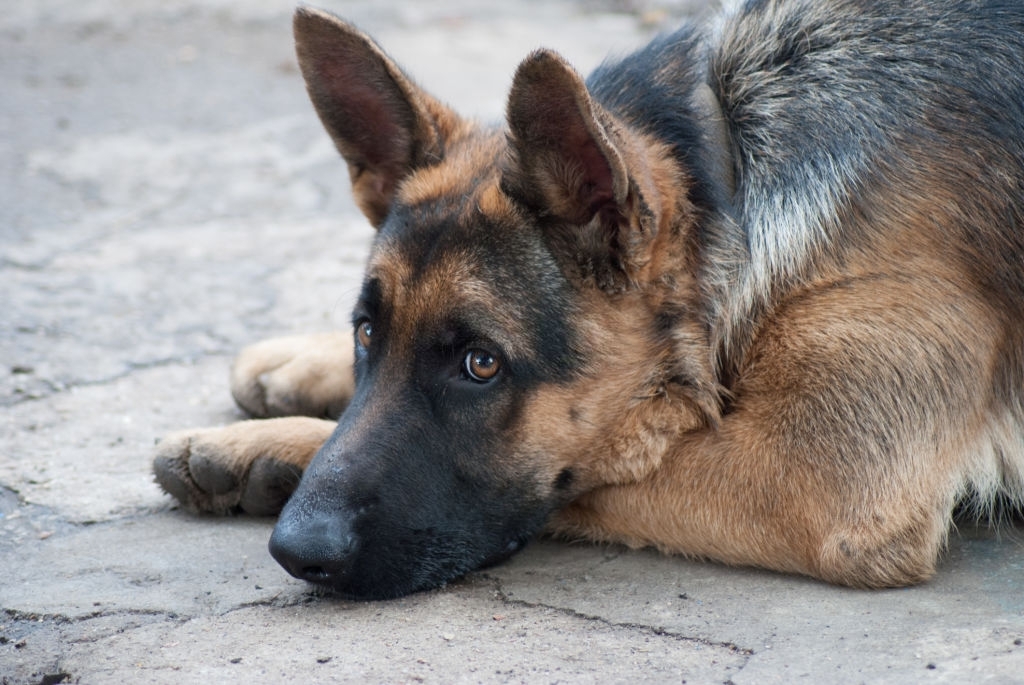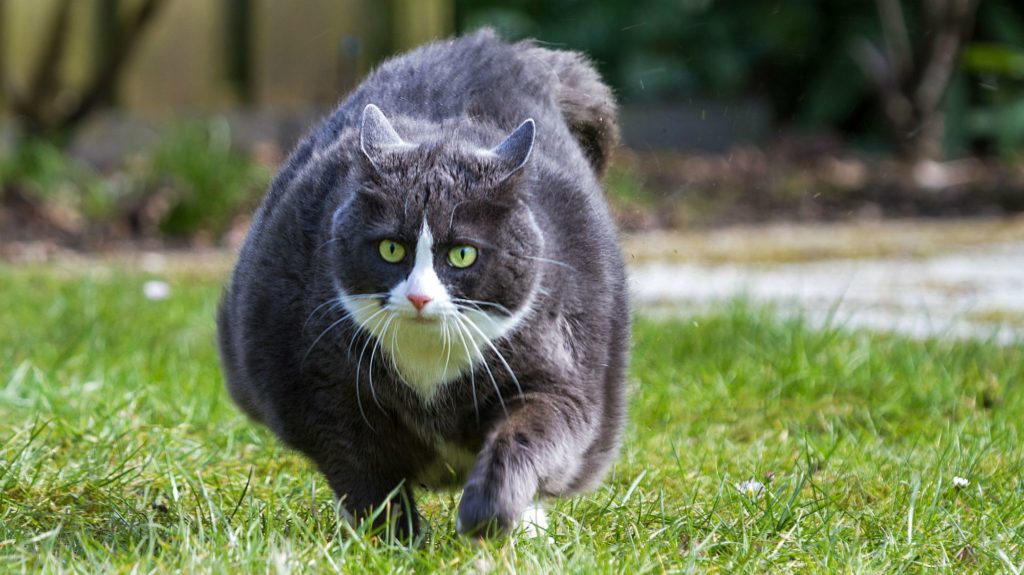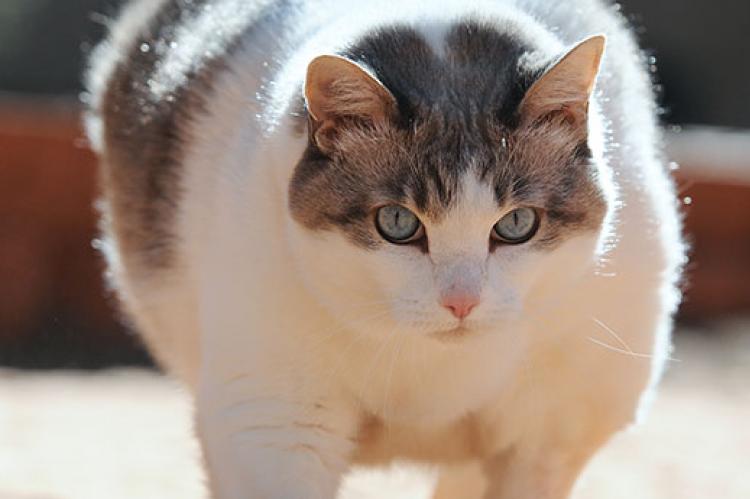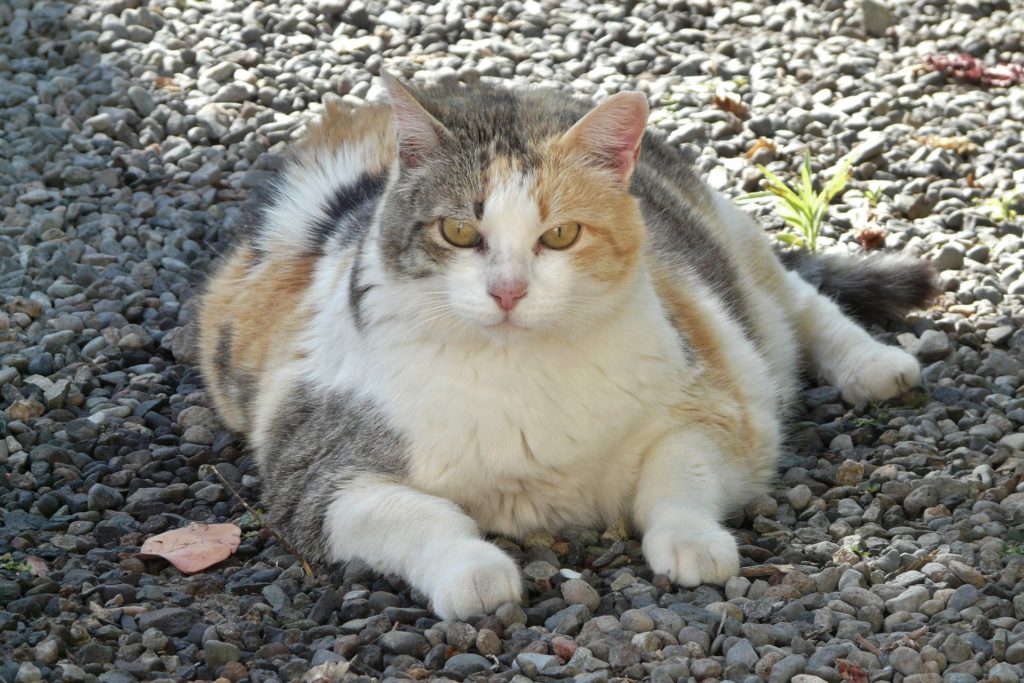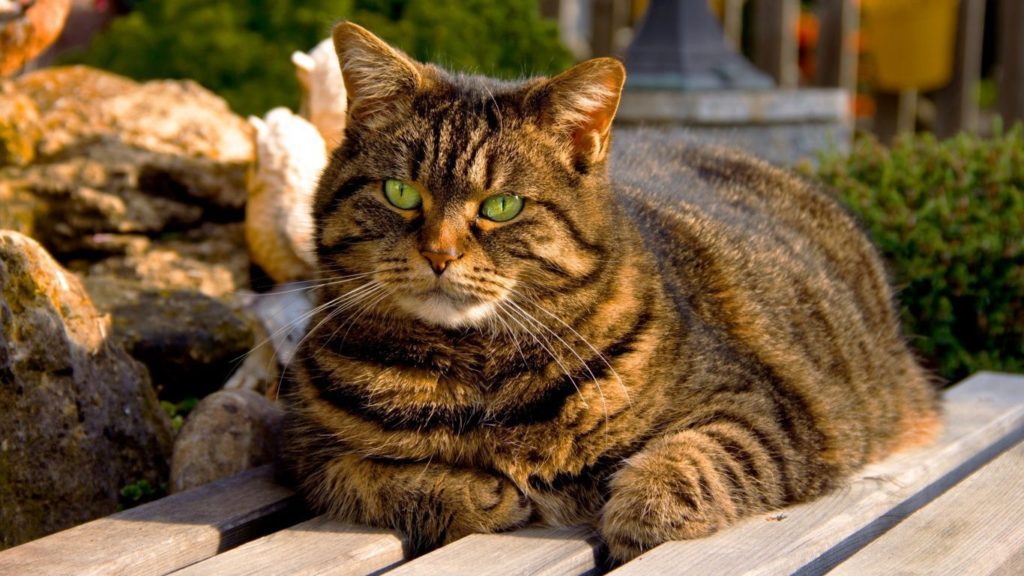German Shepherd Overweight – Although a dog’s weight may not always be at the top of an owner’s priority list, be aware that it can cause major problems for your German Shepherd. Your beloved Shepherd can suffer from excess weight. Obesity may make every day difficult, making it difficult to get out of bed in the morning and causing everyday agony. Maintaining their weight is vital not just for their health as well as for their happiness.
Males will weigh between 66 and 88 pounds, while females will weigh between 49 and 71 pounds. Unfortunately, this range just serves as a guideline for the weight of your German Shepherd.
Muscle mass, size, activity, and gender are all characteristics that influence your German Shepherd’s ideal weight. As a result, two male German Shepherds may have the same weight, yet one may be healthy while the other may be overweight.
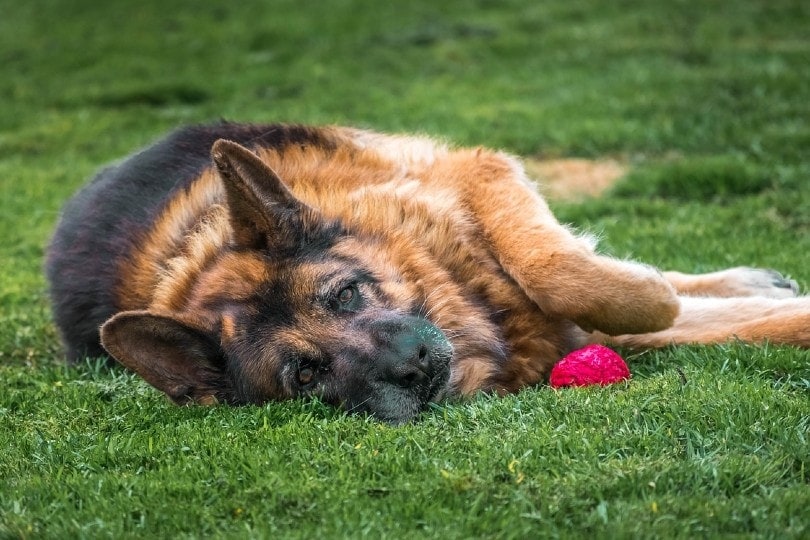
This is because the quantity of fat in your body is more important than your actual weight. Overweight is defined as a German Shepherd with a body mass of more than 20% fat. It’s easy to tell if your German Shepherd has too much fat because purebred German Shepherds have similar body patterns.
How to identify an German Shepherd Overweight
- When you run your hand over your German Shepherd Dog’s middle, you should be able to feel its ribs. Due to their double coat, especially on long-haired Shepherds, this can be difficult, but if you carefully push into their coat, you should be able to feel them.
- Panting is another indicator that your German Shepherd has too much weight on his body unless he is anxious or overheated. Your Shepherd may be out of shape and overweight if he can only walk a block without panting. It’s time to begin an exercise program to gradually restore his stamina and shed some pounds.
- Your dog’s waist should be visible. Standing above them and looking down on their back, the top part of their torso and their waste should have at least a modest separation.
- When looking at them from the side, you should notice a dip from their chest leading down to their abdomen, indicating that their “belly” should not be as low as their chest when standing.
- If your Shepherd has lost interest in things they used to enjoy or is not as eager to play as they once were, their lack of desire for play could be due to their weight.
Causes of German Shepherd Overweight
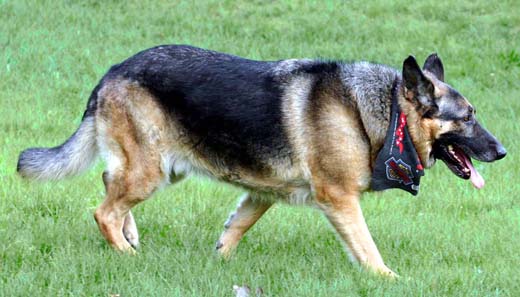
- Spaying/neutering: Because spaying and neutering might cause a reduced metabolism, it’s critical to keep up a daily exercise program and feed your dog nutritious food to keep them at a healthy weight.
Poor diet: The quality of a dog’s food can have a significant impact on their health. When it comes to the diet you choose for your dog, make sure it’s a high-quality product with nutritional ingredients, a reasonable calorie content, and a well-known pet food brand.
- Cushing’s disease: Cushing’s disease is a condition in which the hormone cortisol is produced in excess. Because cortisol helps the body control weight, any change in its production might cause weight gain that is difficult to manage without medical assistance.
- Genetics: Certain breeds are more prone to obesity than others. Weight gain and other forms of joint illness are common in German Shepherd Overweight.
- Hypothyroidism: Hypothyroidism is a condition in which the thyroid gland is underactive, resulting in weight gain, hair loss, low energy, and other symptoms.
- Overeating: Eating too much is the most common cause of weight gain in German Shepherd Overweight.
- Lack of activity: A decreased degree of exercise in relation to calories consumed might lead to a weight increase.
How to reduce weight in German Shepherd Overweight
- Any dog’s regimen to stay fit and healthy should include exercise. German Shepherds are lively canines who require plenty of exercises. Start incorporating extra exercise throughout the day and generally working in more hours as your dog’s endurance improves if your dog is not already pretty active. German Shepherd Overweight require one and a half hours of daily exercise. Remember that exercise may be enjoyable for both you and your dog.
- You must ensure that your German Shepherd Overweight is eating high-quality dog food in sufficient quantities. Many pet dogs are overweight as a result of being fed table scraps, processed food, and other foods that should not be consumed.
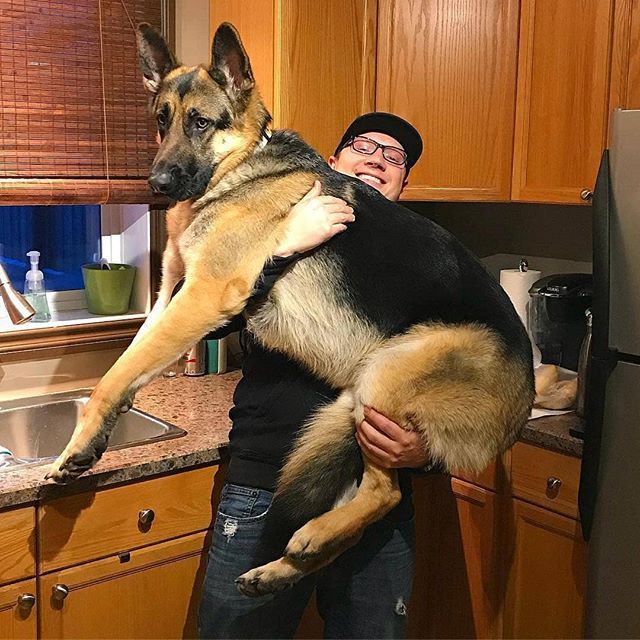
- Check for any underlying issues that could be causing your German Shepherd to gain weight. This can be done in your veterinarian facility with routine blood work.
- Choosing an appropriate feeding plan and amount of food to help your Overweight German shepherd lose weight gradually. It’s usually preferable to receive an approved feeding amount from your veterinarian before reducing their food intake too soon.
Side effects of German Shepherd Overweight
- Heart and lung problems: Obesity in dogs has been linked to heart disease, high blood pressure, and respiratory problems.
- Arthritis: Because German Shepherds are predisposed to arthritis and hip dysplasia as they age, any excess body fat can aggravate these issues.
- ACL injuries: The ACL is a crucial cruciate ligament in the knee that can be stretched when the knee is put under a lot of pressure.
- Anesthesia risks: Because obesity puts more stress on the heart and lungs if your dog is ever anesthetized, these organs will have to work harder.
RECOMMENDED ARTICLES
- Portuguese Water Dog: Characteristics, Behaviour And Health
- Panda German Shepherd- Characteristics, Behaviour, And Health
- German Shepherd Wolf Mix- Characteristics, Behaviour, And Health
- 7 Body Characteristics of German Shepherd Chow Mix – Behaviour, Caring & Health
- White German Shepherd – 5 Basic Body Characteristics, Behaviour, Caring And Health
If you like, please share it. Sharing is usually caring

